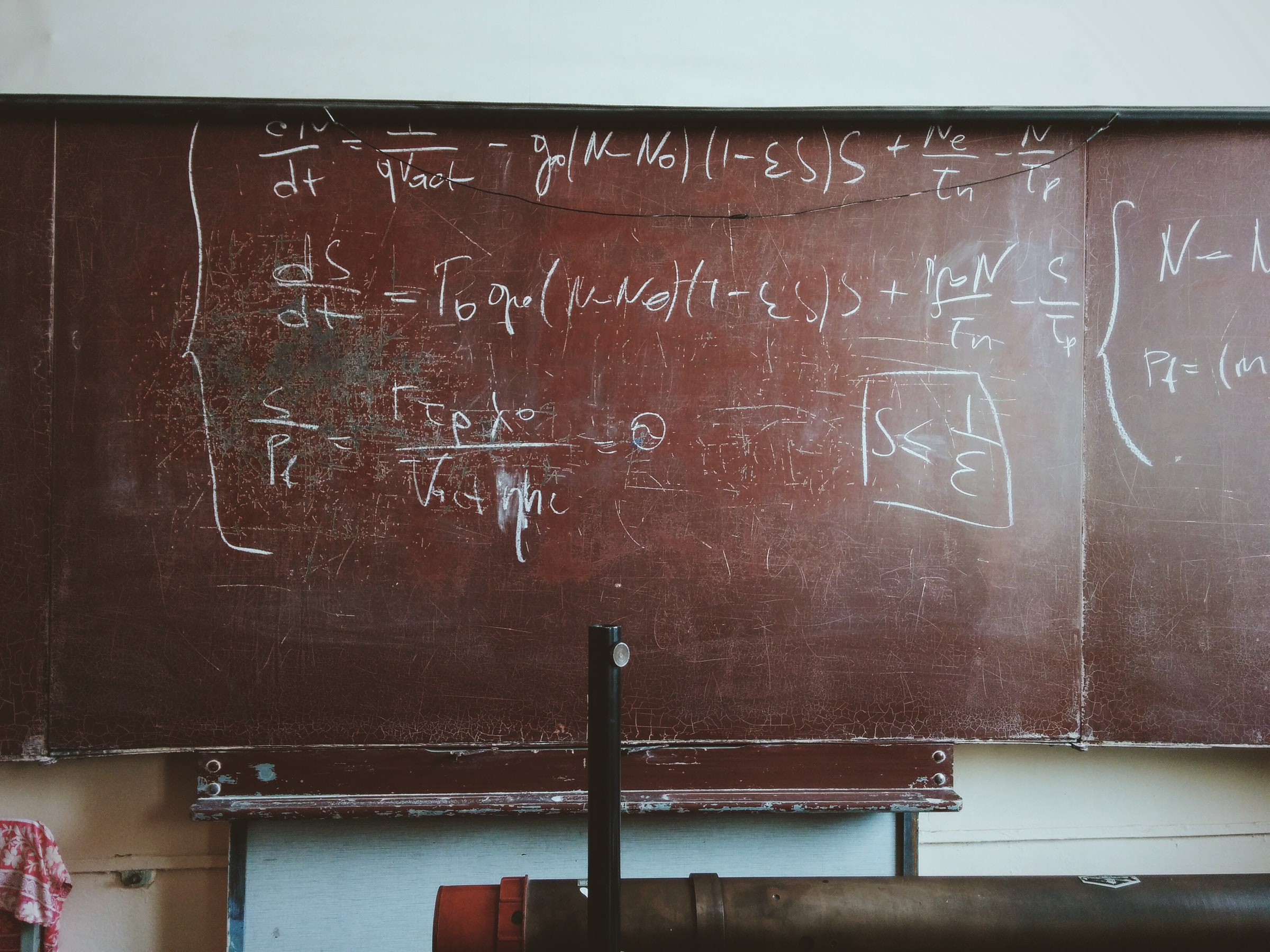
Taking a physics course can show colleges that you are willing to go above and beyond in your high school academics. Most students are aware of the potential resume benefits but have hesitation to register for physics. This article will discuss the common struggle associated with a physics course and some tips for how to avoid falling behind.
Understanding why students struggle with physics is a key part of understanding how much time commitment is necessary for a typical course. Humans are excellent at identifying patterns, and students are no exception. Finishing homework on time and studying for exams is an essential part of high school and most students feel that they are well prepared if they accomplish both tasks successfully. While studying for exams students often study previous homework problems. This method works for a lot of courses but can leave you unprepared for a physics course. Homework problems in physics are largely mechanical in nature; simply put, here is a problem, use physical laws and mathematics to solve it. However, physics exams have a healthy mix of purely theoretical questions and mechanical questions. This leads to the common feedback from students: “I knew how to do all the homework problems but the test was completely different.” Often there is plenty of overlap but students are too panicked about not recognizing questions to notice. Therefore, in order to be successful students must commit to changing their study habits for tests.
Changing your habits can be time-consuming, but it doesn’t have to be if you know where to start. A mentor can expedite this process by offering tips for success and being there to ask the right questions. A mentor can also help students refine their skills for finding information.
Here is one place to look that is sure to help when studying for tests: most physics textbooks that are used these days have short and concise summaries of each chapter located right before the homework problem set. Looking at these questions can highlight important vocab words and help you ask the right questions during class. Asking questions even when you are able to solve problems is a good habit and can help pinpoint gaps in knowledge. Determining when you are falling behind is often difficult to do alone so students should take every opportunity to explain their process for solving problems and vocalize their confidence in solutions to teachers, peers, and mentors.